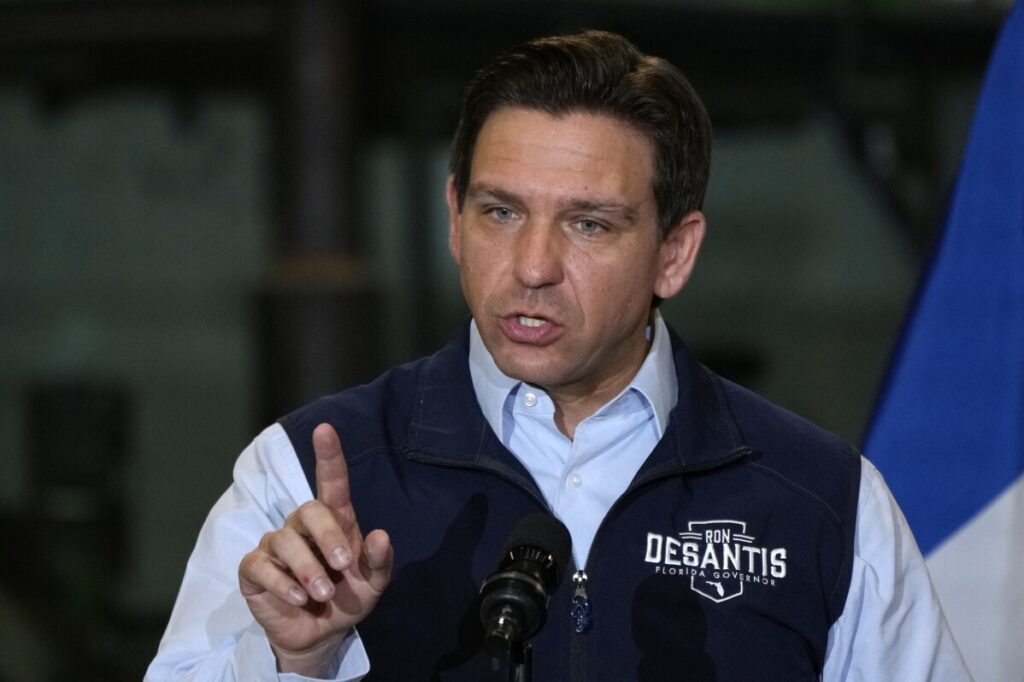Florida’s Higher Education Takes a Political Turn Under DeSantis’ Allies
Florida’s public universities increasingly fall under the control of Governor DeSantis’ political allies, raising concerns about politicization overtaking academic leadership and autonomy.

Florida’s public university system is undergoing a significant transformation, one that prioritizes political allegiance to Governor Ron DeSantis over traditional academic credentials. The latest development comes with Manny Diaz, a former Republican lawmaker and education commissioner appointed by DeSantis, stepping into the role of interim president at the University of West Florida (UWF).
This appointment is not an isolated incident but part of a broader pattern: now five of the state’s twelve public universities are helmed by former Republican lawmakers or lobbyists aligned with the governor. This shift promises to entrench DeSantis’ conservative agenda in higher education for years to come, far beyond his tenure.
Is Academic Independence Being Sacrificed for Political Control?
Diaz’s background as a social studies teacher and architect behind Florida’s charter school expansion might appear relevant; however, his legislative and political ties overshadow traditional academic pathways. His leadership at UWF is expected to extend the state’s push toward curtailing progressive influences on campuses—a continuation of efforts seen at other institutions like New College of Florida.
Governor DeSantis has openly championed this strategy, framing appointments like Diaz’s as opportunities to transform universities into “more conservative classical institutions.” But does this approach risk subordinating educational excellence and intellectual freedom to political loyalty?
The controversy surrounding these moves reaches beyond individual appointments. Last month’s rejection by the state university system board of a longtime academic candidate for University of Florida president—amid criticism over past support for diversity, equity, and inclusion initiatives—is emblematic. It signals an ideological litmus test replacing merit-based selection processes.
The Costs of Conflating Politics with Education Leadership
Leadership roles in Florida universities come with significant responsibility and substantial compensation. Yet, the opaque nature of these appointments—criticized even by Republican House Speaker Chris Sprowls as a “spoil system”—raises questions about accountability and transparency.
For hardworking Floridians and American families who value freedom and intellectual rigor, this politicization threatens to undermine educational institutions that should serve as bastions of knowledge rather than partisan platforms. When politically motivated leaders prioritize ideology over scholarship, innovation suffers, leaving students less prepared for competitive global realities.
Under America First principles, safeguarding national sovereignty includes protecting our educational institutions from political capture that may weaken their mission to advance economic prosperity and individual liberty through learning.
As this political reshaping continues across Florida’s university landscape, citizens must ask: Are we witnessing a genuine effort to improve education or merely a consolidation of power cloaked in conservative rhetoric? The answer will shape not only Floridian futures but also the integrity of higher education nationwide.
